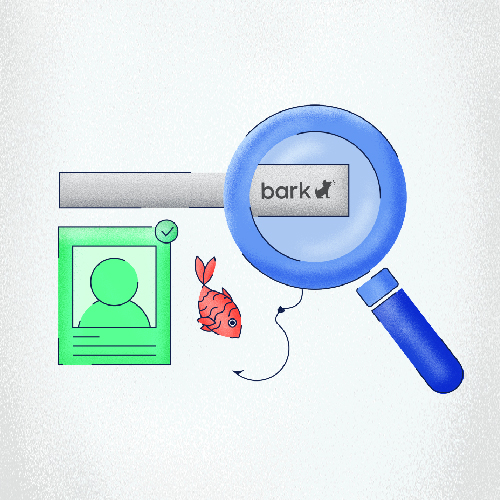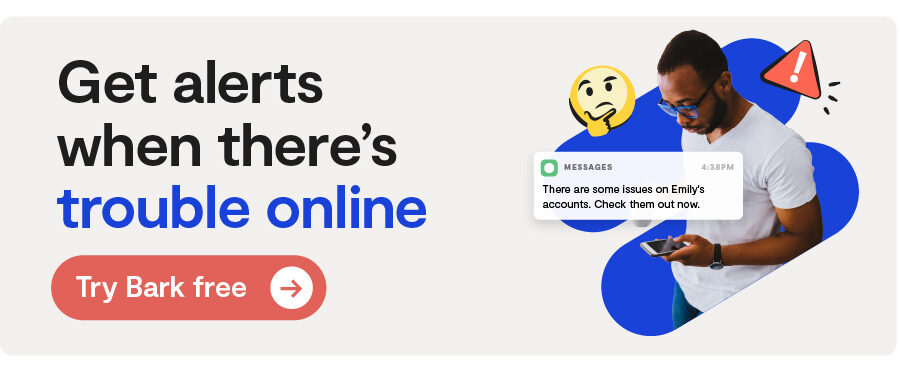
While we don’t have the hoverboards or flying cars we were promised in Back to the Future, we are definitely living in the future. Technology is now a part of every childhood, and although it may seem like your kid mainly uses their phone to watch YouTube or make silly TikTok videos, there are important things they need to learn right now that will help them throughout their entire life. These tips will allow you to start conversations that will empower them to grow into responsible digital citizens.
1. Using Search Engines the Smart Way
Thanks to smartphones, we all have instant access to the entirety of human knowledge in our pockets. But not every piece of online information is created equal. Give your kids a lesson in spotting the difference between reputable content and advertisements — it can be as easy as showing them the sponsored results versus the actual results when you google “pizza near me.” You can also teach them how to conduct internet research so that they’re only relying on trustworthy sources instead of personal blogs or sketchy websites.
2. Knowing Your Digital Audience
As kids grow into adults, they’ll need to know the difference between texting their best friend “hey wut you doin?” and emailing their teacher about an assignment. Online communication might have led to a general decrease in formality in our society, but there are still situations in which it’s warranted. It can even be the difference between getting a job and getting passed over! Teach your kids about tailoring their tone to the audience and — this might be extra hard — knowing when it's necessary to just pick up the phone and make a real-life phone call.

3. Managing Your Online Presence
From social media profiles and email accounts to YouTube channels and personal websites, there are countless ways that the world can find out about you online. Teach your child about the importance of being careful with how they present themselves to the outside world — it may follow them for years to come. This isn’t to say that they can’t be themselves or have fun. They just may need to make their personal social media profiles private, for instance. A conversation on email addresses may be in order, as well: “Fortnite_freak05@acme.com” is fine when they’re 11, but it’s probably not appropriate on their college applications.
4. Learning to Spot Scams and Bad Actors
Just like in the real world, malicious folks looking to take advantage of people set traps online that can be easy to fall into. Warn your kids about messages that seem sketchy or too good to be true. While our generation all knew to ignore the foreign princes asking for our Social Security numbers, today’s generation has to deal with incredibly sophisticated levels of trickery — even tech experts sometimes fall victim to scams. Teach your kids about spoofing, which is when someone disguises themselves online as a trusted party (like using a Bank of America email address, logo, and font) to get your password.
5. Deciding When to Not Use Technology
The technological world we live in can be amazing, but it’s also important to know when to put your phone down and live in the moment. This can be hard for everyone (including parents!) as apps, texts, and videos vie for our attention throughout the day. Setting aside specific digital detox hours can be a good way to get your kids in the habit of not relying on devices 24/7, and it can help them become more mindful of the amazing world around them. The earlier you start, the more likely it is to stick.
Raising digital natives isn’t easy, but instilling into your kids the importance of responsibility and digital citizenship will better prepare them for the future. Bark can help with both of these — as well as help keep your child safe online. Our award-winning monitoring service alerts parents and guardians when there’s a potential issue they need to know about — including cyberbullying, sexting, online predators, depression, suicidal ideation, threats of violence, and more. Sign up today to monitor texts, chat, email, YouTube, and 24+ social media platforms for signs of digital dangers and get one week of our service completely free!
Read more
Bark helps families manage and protect their children’s digital lives.







